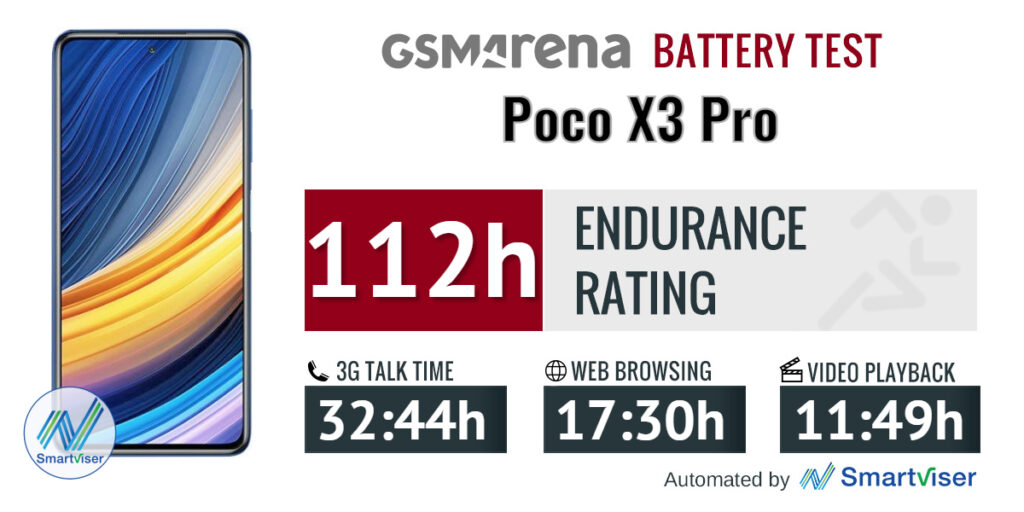GoDaddy Vs WP Engine: Which Is Your Right Web Hosting Choice?
Choosing a web hosting service is not as easy as it seems since there’s just a lot of them out there and many offer enticing plans. GoDaddy is one of those big names in the web hosting arena and services millions of customers around the world, but there’s another rising contender; WP Engine. WP Engine is another web hosting service, although doesn’t enjoy the mega-reach and notoriety of GoDaddy, is receiving acclaimed reviews for top-of-the-line services, including marketing for small businesses.
The key difference between WP Engine and GoDaddy is that WP Engine is exclusively for WordPress websites whilst GoDaddy can accommodate any website from any platform. But, is this a fair match-up? You’d be surprised how much the internet is powered by WordPress – around 24% of all websites; from blogs to business w
ebsites, to corporations from government websites are powered by WordPress. In short, GoDaddy is one of the largest hosting services designed to cater to anyone's website platform whilst WP Engine is designed to cater to the most popular website platform. Which is right for you?
Server Type
GoDaddy – GoDaddy employs a shared hosting system. This means GoDaddy’s clients share space in one of their servers. This is a highly cost-effective approach since it allocates as much client space in one of their servers since it would be impractical and too costly to have each client have their own dedicated server. However, as cost-effective and practical it is, this article will further discuss as to what are the cons of this type of server system.
WP Engine – WP Engine employs a managed hosting system. This means not only can their clients allocate server space as any other traditional web hosting service, but WP Engine will manage their client’s web site's security and maintenance. They’ll handle all updates and patches for their clients, provided that it runs on the WordPress platform. Since WP Engine is exclusive for WordPress rather than trying to accommodate all types of website platforms, it can further optimize and streamline its server hardware, software, and all other WordPress-relevant infrastructure to provide a better hosting service for its WordPress clients.
Server Loading Speeds
GoDaddy – As mentioned earlier, GoDaddy employs a shared hosting system. The problem with a shared hosting system is that many clients are utilizing the same hardware on the server system, thus clouding the overall server and reducing loading speeds. There are numerous amateur and professional reviews that indicated GoDaddy loads a few seconds slower than WP Engine. Just one to second matters greatly since one second is all a user needs to click away and go somewhere else.
WP Engine – Whilst GoDaddy loads hundreds to even thousands of client website data on the same server, WP engine distributes its server load across multiple servers, thus improving loading speeds. In short, WP Engine is considerably faster than GoDaddy by about a few seconds but then again, a few seconds is all it takes for a user to walk away, so big websites that receive a ton of traffic do pay a lot to considerably hasten loading speeds.
Server Pricing
GoDaddy – Because of GoDaddy’s cost-effective approach of using a shared hosting system, they offer one of the most affordable hosting plans out there. That’s why GoDaddy is tempting to a lot of people, particularly for new and small website owners. It’s completely understandable if you’re on a budget since building a fully functioning and attractive website from start to finish is never a small investment, especially if you’ve hired a professional web developer. GoDaddy is structured to cater to that market.
WP Engine – In exchange for exclusive WordPress support and hosting services, the WP Engine does have a steep price tag. Their cheapest plan costs $29, but you do get up to 10GB local storage, can accommodate up to 25K visitors per month, and you also get a free SSL certificate. Their ‘Business’ plan costs $249 but you get up to 30GB local storage, can accommodate up to 400K visitors per month, and up to 25 installations. They even have pricier plans meant to cater to large corporations that receive millions worth of traffic a month and need special hosting requirements. WP Engine does have a money-back guarantee up to 60 days max and also a cancellation policy so you don’t have to worry about being chained to any commitment.
So Which Server Is Right For Me?
There are some areas where GoDaddy and WP Engine doesn’t have a distinct reign over the other. For example, both do feature 24/7 support through phone, live chat, and email. Whilst GoDaddy must cater to any website platform, WP Engine support is WordPress exclusive, which means they hire professionals that are specifically knowledgeable in WordPress and have years of experience in WordPress, which means they provide consistent and better support in terms of client engagement.
Ultimately, if you have a WordPress website, you definitely cannot go wrong with WP Engine. Yes, they have a pricier plan than GoDaddy, but everything they offer is WordPress exclusive and WordPress optimized, which means faster loading speeds and better support overall. GoDaddy definitely has a charm of its own, but the features they offer, no matter how affordable, are simply inadequate for serious website owners. In short, GoDaddy is meant for entry-level websites but for serious WordPress users, WP Engine is the only way to go.









